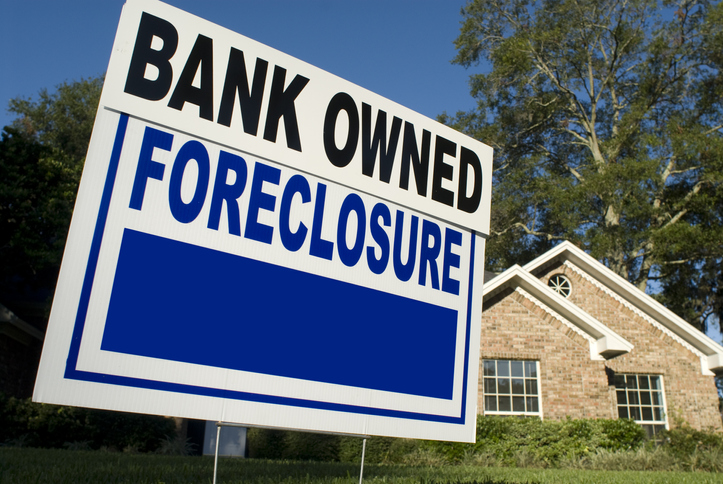In Florida, if a borrower fails to pay installments on a loan secured by a mortgage, the lender can file a foreclosure lawsuit to force a sale of the collateral property. Foreclosures are judicial cases that are subject to due process and an opportunity for the borrower to be heard. When answering a foreclosure complaint, the borrower may assert various defenses.
These are the most common defenses to a Florida foreclosure action:
- Standing — The person or entity filing a foreclosure action must have the legal right to do so. To have standing, a foreclosing party must own the note and mortgage on the property being foreclosed. Notes and mortgages on residential properties are routinely bought and sold in a process known as assignment. There can be multiple assignments throughout the life of the loan. There are often missteps in the assignment process. Sometimes the assignment paperwork is lost or not properly completed. In cases where the ownership of the mortgage is not fully traceable, the holder may have no standing to foreclose.
- Unclean Hands — The “unclean hands” doctrine means courts should not reward bad behavior. In Florida, a court may refuse to grant legal relief to a party who has used “unscrupulous practices, overreaching, concealment, trickery, or other unconscientious conduct.” An example of unclean hands in a foreclosure case is when the lender alters or otherwise falsifies information in the borrower’s mortgage papers in order to gain an advantage.
- Procedural defects — The lender must follow a series of steps for residential loan foreclosure. The lender must first issue a notice of default on the loan and give the borrower time to bring the loan back into good standing or “cure” the default. If the borrower fails to cure within the time permitted, the lender can then “accelerate” the debt. Acceleration is a demand for the entire amount due on the loan rather than just the past due payments. Even after the lender accelerates, the borrower gets additional time to cure and resume making regular payments. Sometimes lenders fail to execute these processes properly. The legally required notices and demands are occasionally overlooked or made incorrectly. A borrower can raise such procedural defects as a defense that can invalidate the foreclosure action entirely.
The foregoing are known as affirmative defenses, in that the borrower has the burden of pleading them and proving their validity. An experienced foreclosure defense lawyer can thoroughly investigate all defenses available and pursue them to the borrower’s advantage.
H. Clay Parker, Esq., based in Orlando, is one of central Florida’s most respected business litigation and commercial law firms. If you are being threatened with foreclosure or are already involved in a foreclosure case, feel free to contact us online or call 407-216-2504 for a consultation.


